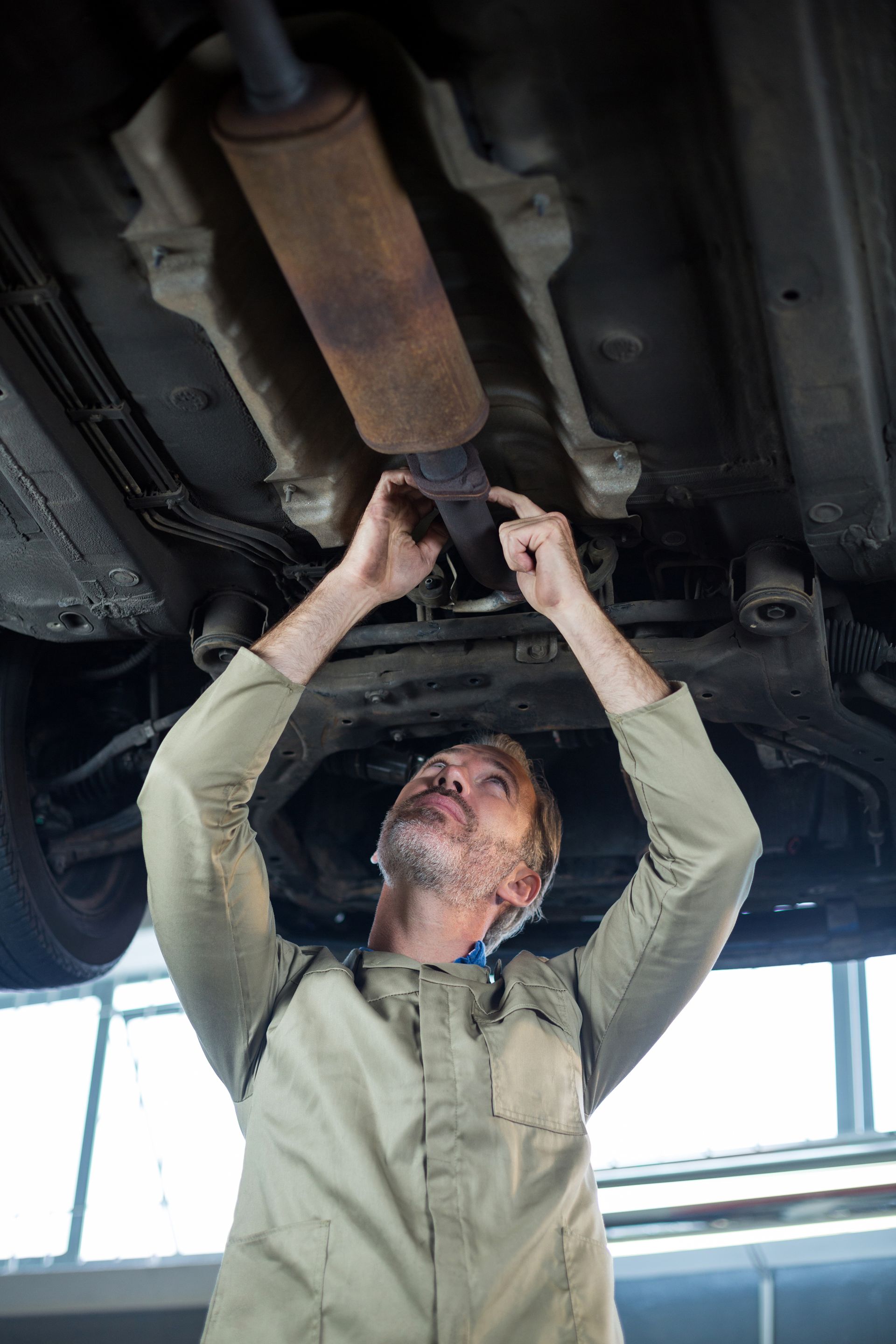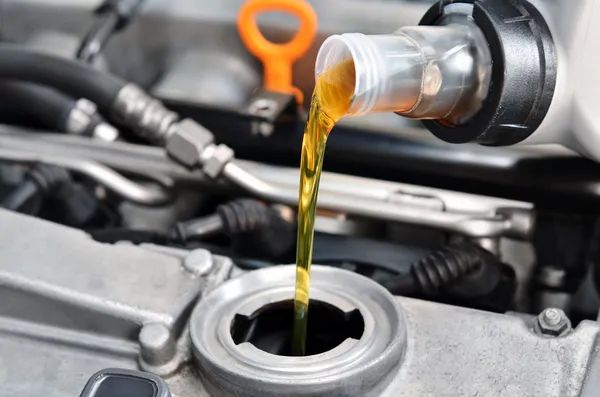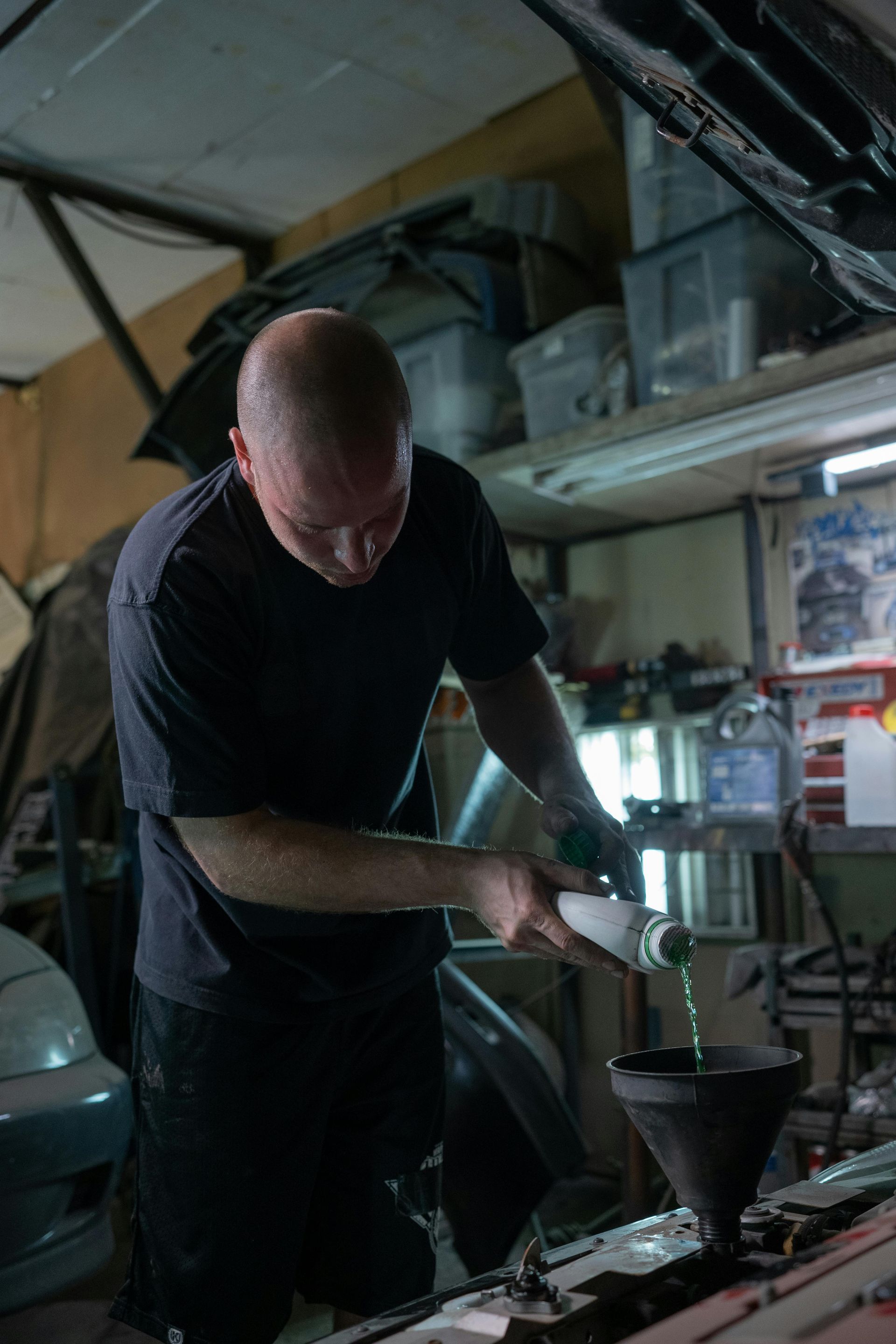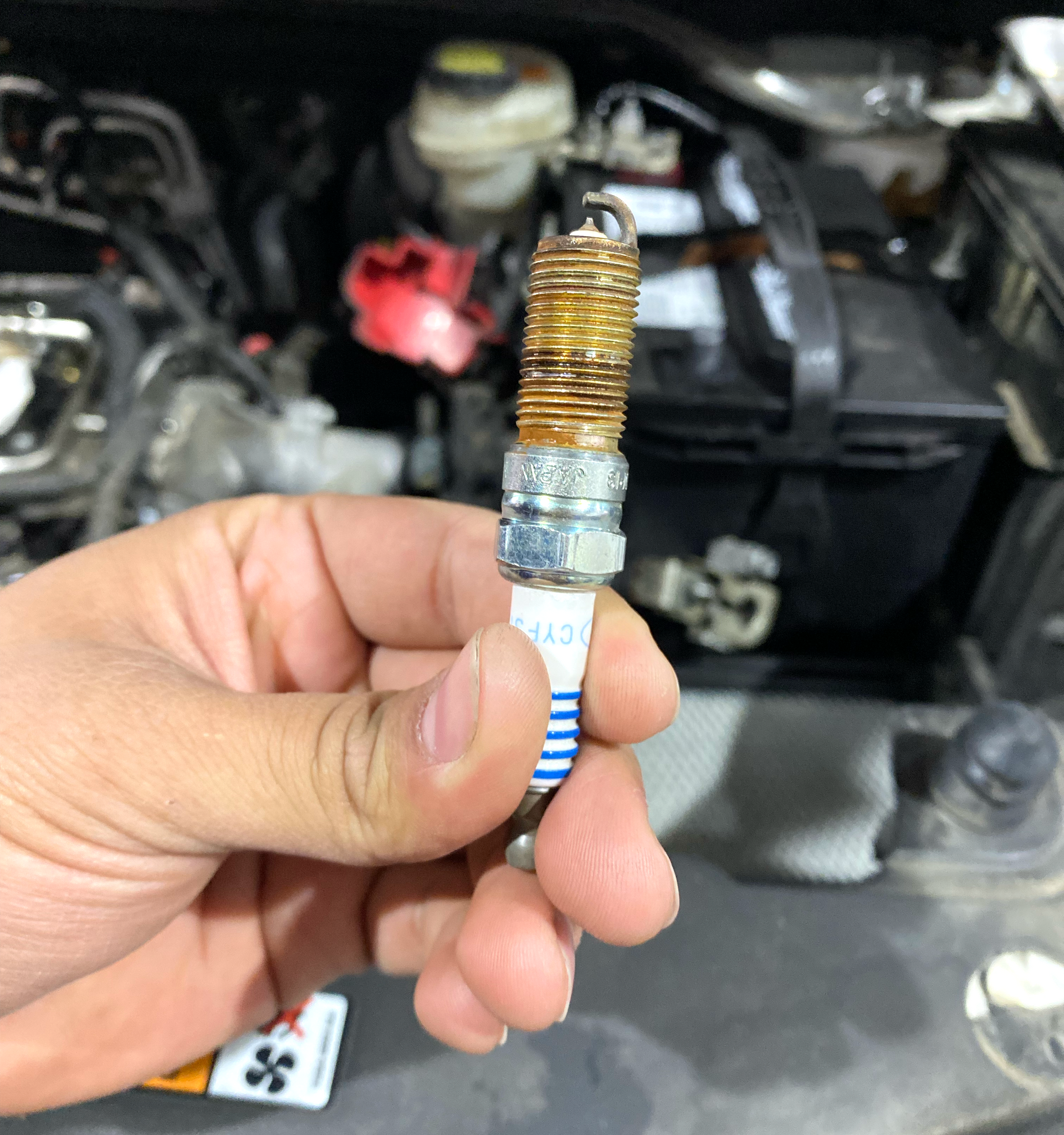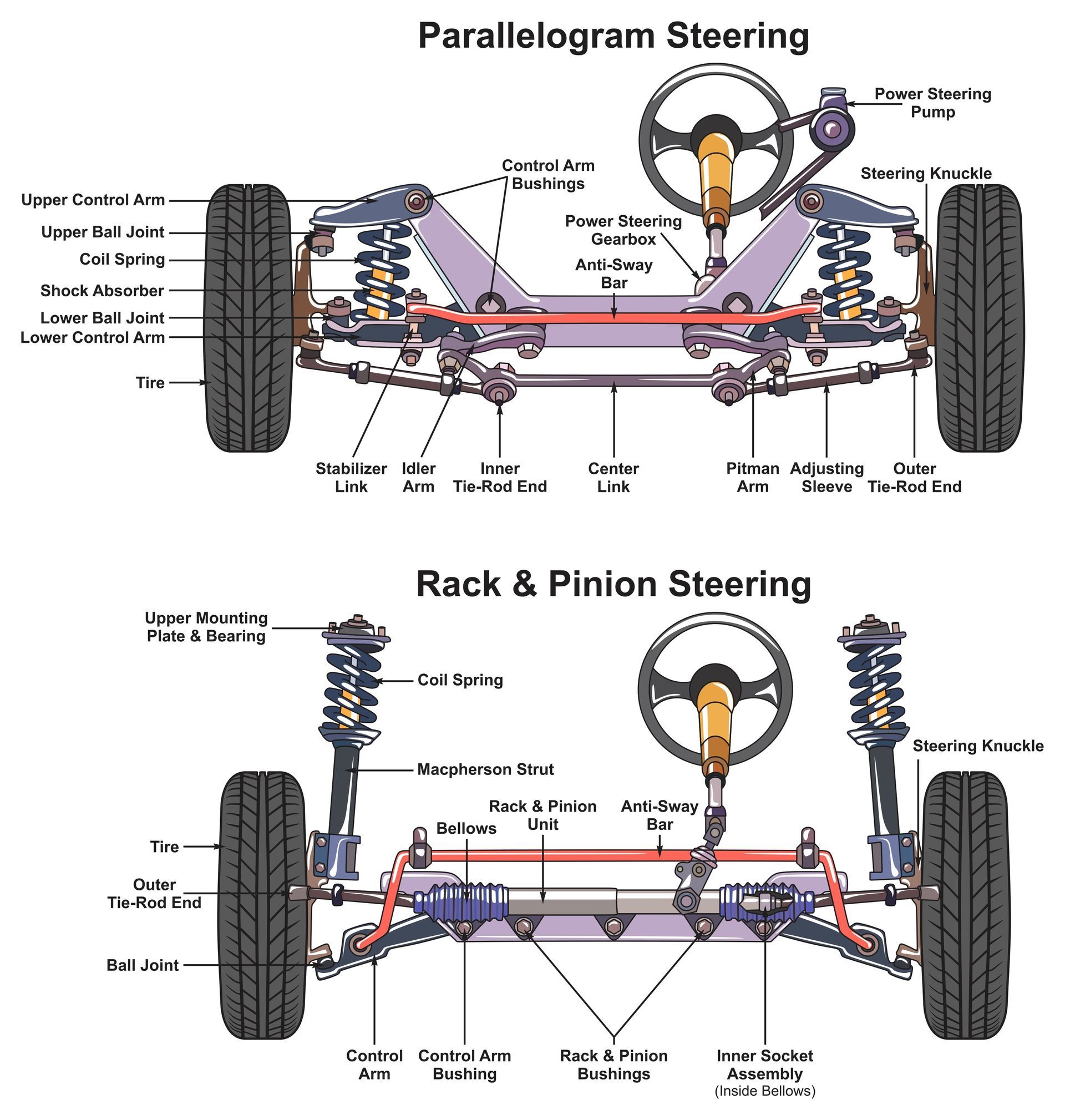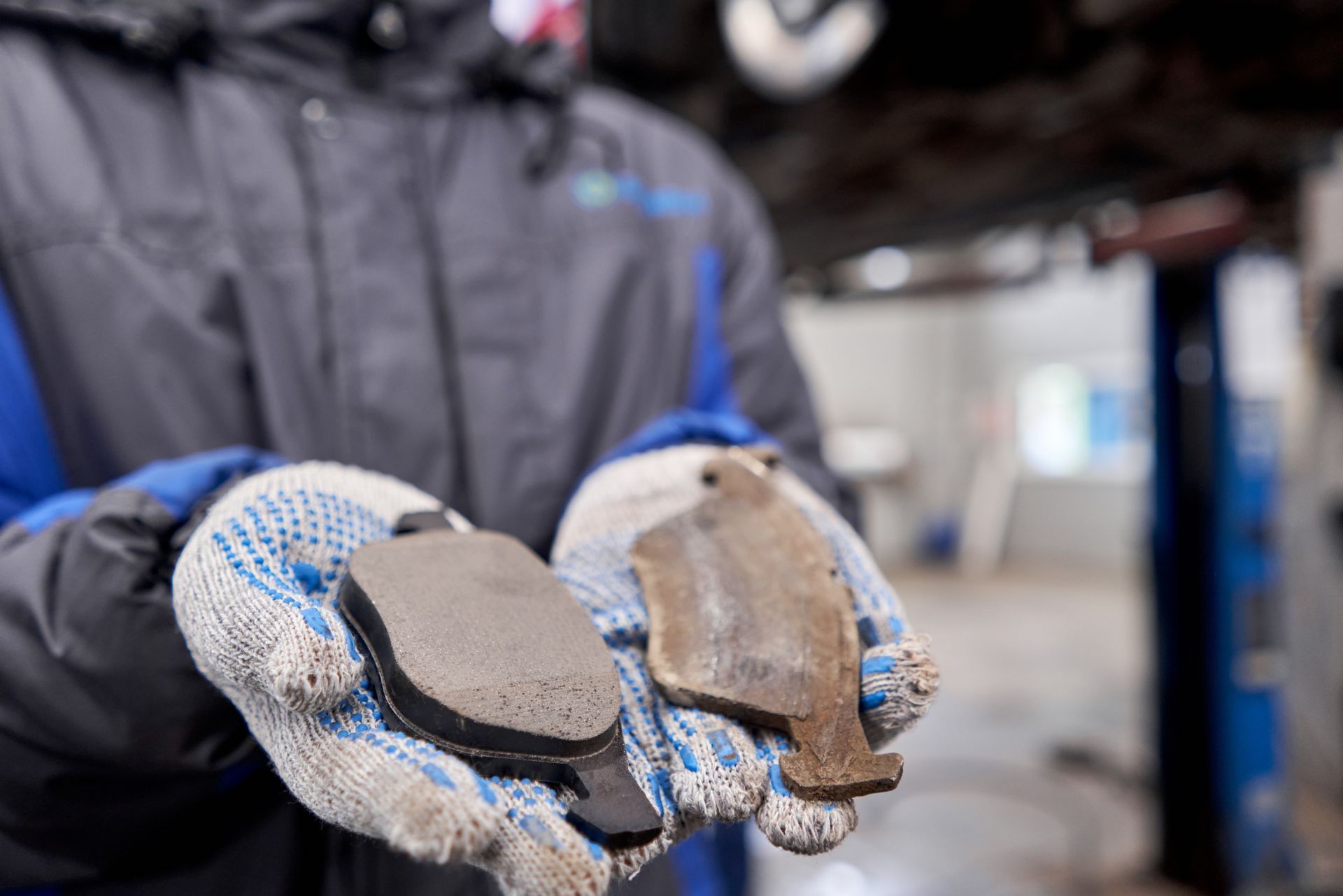Why You May Have a Rough Shifting Transmission: Common Causes and Solutions
Your car’s transmission is one of its most critical components, responsible for transferring power from the engine to the wheels, ensuring a smooth ride. However, when you start to experience rough shifting, it’s a sign that something might be wrong. Rough shifting can manifest in various ways, such as hard shifts, jerking, hesitation, or strange noises when changing gears. These issues can be alarming, but understanding the causes and solutions can help you address them before they escalate into more significant problems. Let's explore why you may have a rough shifting transmission and what steps you can take to fix it.
1. Low or Contaminated Transmission Fluid
One of the most common reasons for rough shifting is low or dirty transmission fluid. The fluid lubricates the transmission and ensures smooth gear transitions. Over time, the fluid can become contaminated with dirt, debris, and metal shavings, reducing its effectiveness. Low fluid levels can lead to overheating and inadequate lubrication, causing the transmission to work harder and shift roughly.
Solution: Check your vehicle’s transmission fluid level and condition. If the fluid is low, add the recommended type of fluid for your vehicle. If the fluid appears dark or smells burnt, it’s time for a fluid change or flush. Regular maintenance, including changing the transmission fluid according to your vehicle's schedule, can prevent this issue.
2. Worn Transmission Components
As vehicles age, their internal components naturally wear down. The gears, clutches, and bands inside your transmission are subject to constant pressure and friction. Over time, these parts can deteriorate, leading to rough shifting. Worn or damaged components can cause the transmission to struggle when shifting, resulting in hard or delayed gear changes.
Solution: If worn parts are causing the rough shifting, the only solution is to have them replaced. Depending on the extent of the damage, this might require a transmission rebuild or replacement. It's crucial to consult a trusted mechanic to assess the severity of the wear and recommend the best course of action.
3. Faulty Transmission Control Module (TCM)
Modern vehicles are equipped with a Transmission Control Module (TCM) that controls gear shifting. The TCM communicates with the engine and transmission to ensure smooth and timely gear changes. If the TCM malfunctions, it may send incorrect signals, causing the transmission to shift too early, too late, or erratically.
Solution: A diagnostic test can reveal if the TCM is the source of the problem. If it's faulty, the module may need to be reprogrammed or replaced. In some cases, updating the software or resetting the TCM may resolve the issue.
4. Worn or Damaged Clutch (Manual Transmission)
For vehicles with manual transmissions, a worn or damaged clutch can lead to rough shifting. The clutch is responsible for engaging and disengaging the engine from the transmission, allowing you to change gears. Over time, the clutch can wear out, making it difficult to shift smoothly. You may notice slipping, grinding, or difficulty engaging gears.
Solution: If your clutch is worn or damaged, it will need to be replaced. Clutch replacement is a common repair for manual transmissions and can restore smooth shifting. Regularly inspecting and adjusting the clutch can help extend its lifespan.
5. Solenoid Issues
Transmission solenoids control the flow of fluid within the transmission, helping to regulate gear shifts. If a solenoid is malfunctioning or failing, it can disrupt the fluid flow and cause rough or erratic shifting. Solenoid problems often occur due to electrical issues or a buildup of debris in the transmission fluid.
Solution: A professional diagnostic test can determine if a solenoid is causing the rough shifting. If a solenoid is faulty, it may need to be cleaned or replaced. In many cases, solenoid issues can be resolved without needing a full transmission replacement.
6. Worn or Broken Transmission Mounts
Transmission mounts are responsible for securing the transmission to the chassis of the vehicle. Over time, these mounts can wear out or break, leading to vibrations, noise, and rough shifting. When the mounts fail, the transmission may not stay properly aligned, causing poor gear engagement.
Solution: Replacing worn or broken transmission mounts can fix rough shifting caused by misalignment. It's essential to address mount issues promptly to prevent further damage to the transmission or surrounding components.
7. Vacuum or Throttle Cable Issues (Older Vehicles)
In older vehicles, the transmission relies on vacuum lines or a throttle cable to regulate gear shifting. If the vacuum lines are leaking or the throttle cable is damaged or out of adjustment, the transmission may not shift properly, resulting in rough shifting.
Solution: Inspect the vacuum lines and throttle cable for signs of wear or damage. Replacing damaged components or adjusting the throttle cable can restore proper shifting performance in older vehicles.
8. Overheating Transmission
An overheating transmission can lead to rough shifting, especially during prolonged driving or heavy loads. Heat is a transmission’s worst enemy, causing the fluid to break down and lose its lubricating properties. This can lead to increased friction and wear on internal components, resulting in hard or delayed shifts.
Solution: Ensure your transmission fluid is at the correct level and in good condition. Installing a transmission cooler can help prevent overheating, especially if you regularly tow or drive in stop-and-go traffic. If your transmission frequently overheats, it may require professional attention.
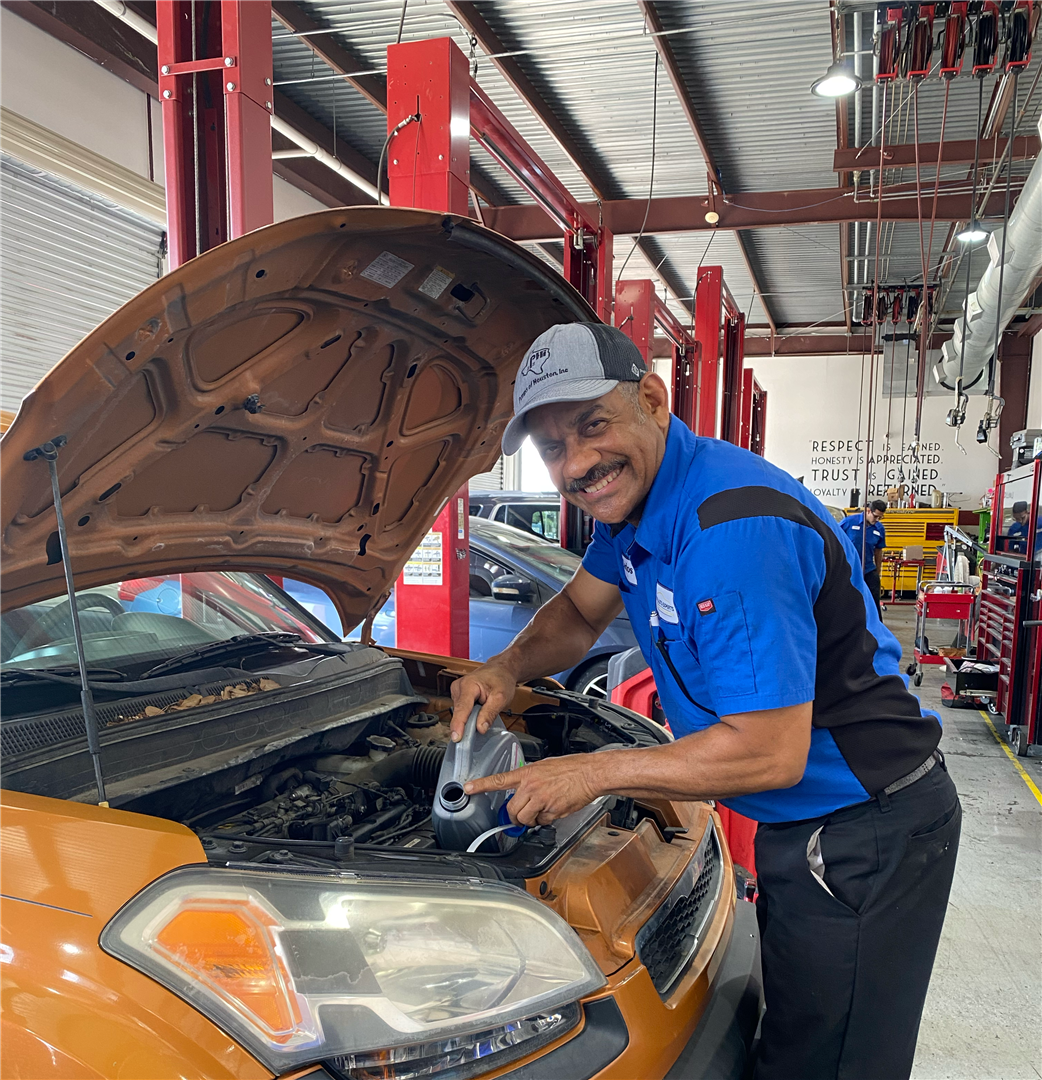
Preventative Maintenance Is Key
Rough shifting is often a sign of underlying issues that can worsen over time. Regular maintenance, including checking and changing transmission fluid, inspecting components, and addressing minor problems early, can help prevent more severe damage. If you're experiencing rough shifting, it's essential to have your vehicle inspected by a professional to diagnose and repair the issue before it leads to more extensive (and expensive) repairs.
At Elite Auto Experts, our certified technicians are here to help keep your vehicle running smoothly. Whether you need a transmission fluid change, a solenoid replacement, or a complete transmission rebuild, we’ve got you covered. Contact us today to schedule an appointment and let us get you back on the road with confidence!
